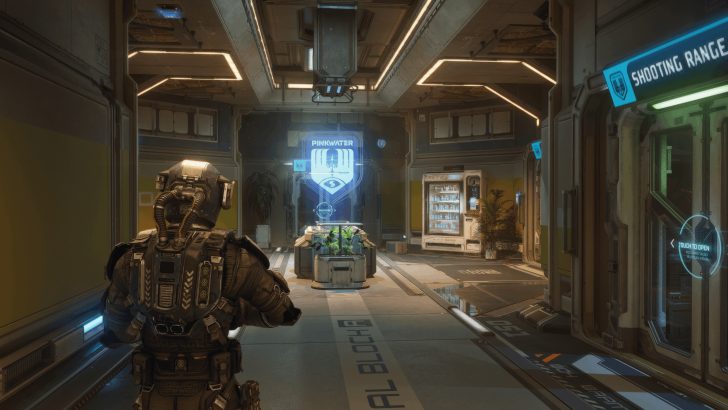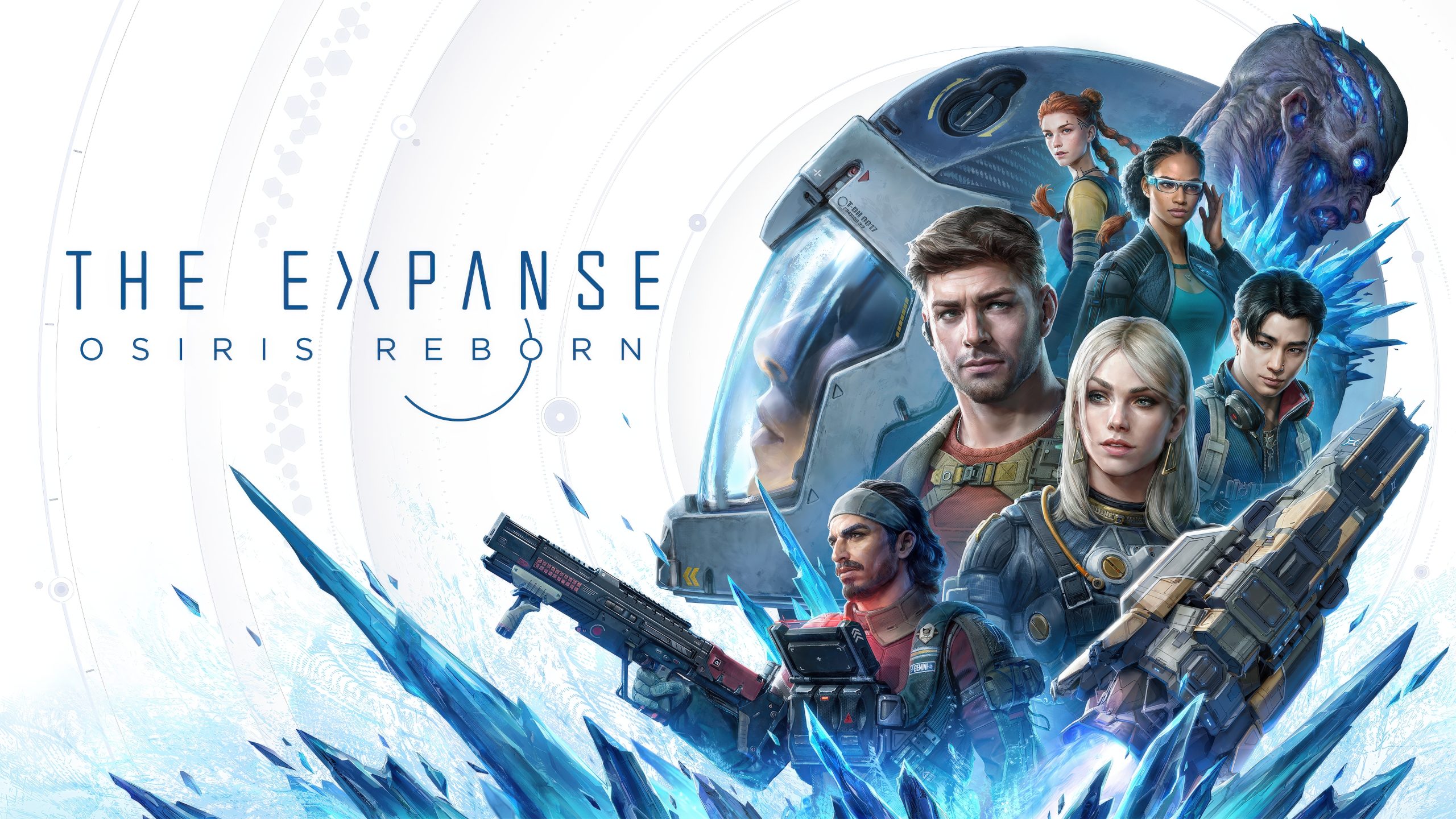Earlier discussions highlighted The Expanse: Osiris Reborn as a standout reveal from Summer Game Fest 2025, especially for enthusiasts of narrative-driven sci-fi titles. A recent behind-the-scenes demo at Gamescom 2025 deepened anticipation, showcasing Owlcat Games’ ambitious blend of tactical combat and immersive storytelling set within the beloved universe.
During the presentation, developers emphasized collaboration with Alcon Interactive to honor the IP’s authenticity. The narrative runs parallel to the original series’ events, focusing on fresh characters confronting ProtoGen adversaries distinct from those in the Rocinante crew’s journey. Player choices shape alliances and consequences, with branching paths during missions impacting faction relationships and environmental outcomes. A Pre-Alpha build demonstrated fluid third-person combat, destructible environments, and zero-gravity traversal mechanics refined for tactical engagements.
Leonid Rastorguev: Our demo highlights two initial combat styles, though players can evolve their build freely—shotguns, tech hacking, or hybrid approaches. Skill progression remains under wraps but will diverge from traditional RPG systems.
On narrative structure:
Yuliya Chernenko: Characters begin on Pinkwater Station, fleeing Eros’ devastation. Customization spans three origins—Martian, Belter, or Earther—each affecting physique and dialogue. Sibling Jay mirrors the protagonist’s gender and appearance, reflecting shared genetics.
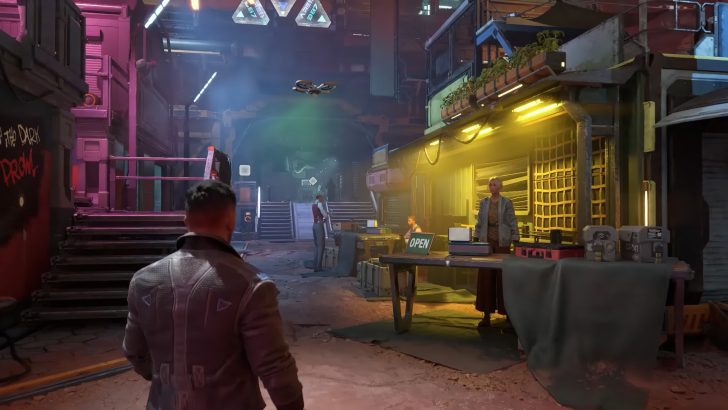



On cross-genre inspirations:
Leonid Rastorguev: Companion roles expand beyond active squad members, echoing Mass Effect 2’s Suicide Mission design. Non-party allies assist via comms, hacking, or environmental interactions. Combat integrates cover-based shooting with companion-specific abilities, like triggering structural hazards or breaching shielded enemies.
Yuliya Chernenko: Zero-G segments prioritize hard sci-fi realism. Magnetic boots anchor movement while thrusters enable navigation. Physics-driven hazards include Coriolis effects and vacuum-based projectile adjustments.
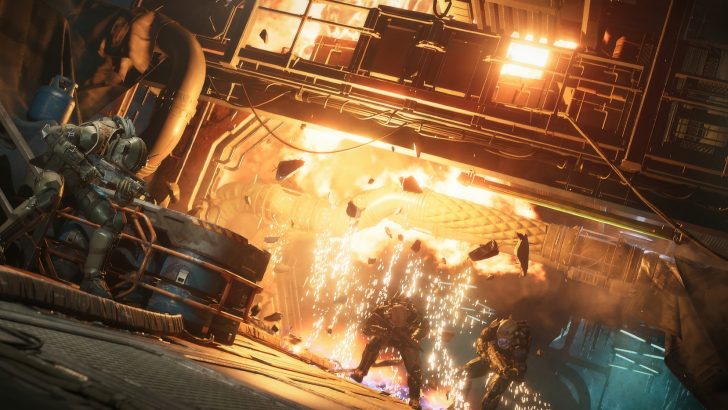



On development shifts:
Leonid Rastorguev: Transitioning to Unreal Engine and AAA scope demanded rethinking workflows. Cinematic storytelling replaces text-heavy approaches, though reactivity remains core. Companions feature personalized arcs and optional romances, though not all are available for relationships.
Yuliya Chernenko: Console-first design introduces controller-friendly mechanics absent in Owlcat’s prior CRPGs. Expect 20-30 hours of gameplay across explorable hubs like Ceres and Ganymede, with side missions deepening crew bonds.
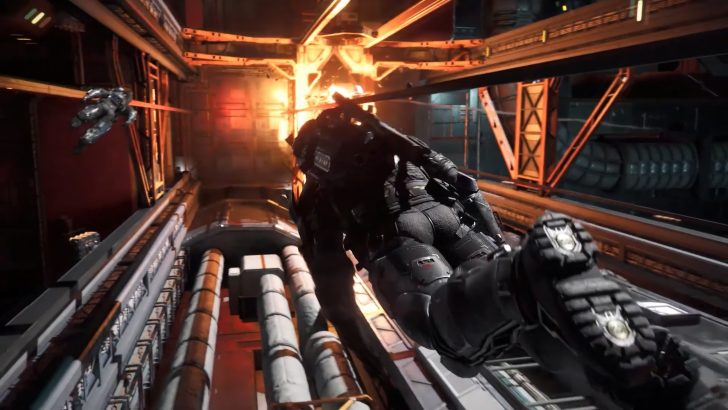



On progression:
Leonid Rastorguev: Crafting augments gear using scavenged materials, though systems are still in flux. Companions gain customizable skills and gear but follow narrower specialization paths than the protagonist. Dynamic difficulty settings adjust enemy aggression and friendly-fire options.
Yuliya Chernenko: While major story beats avoid skill gatekeeping, optional routes reward investment in traits like hacking or engineering. Exploration unveils encrypted logs, alternate paths, and faction-altering decisions.
